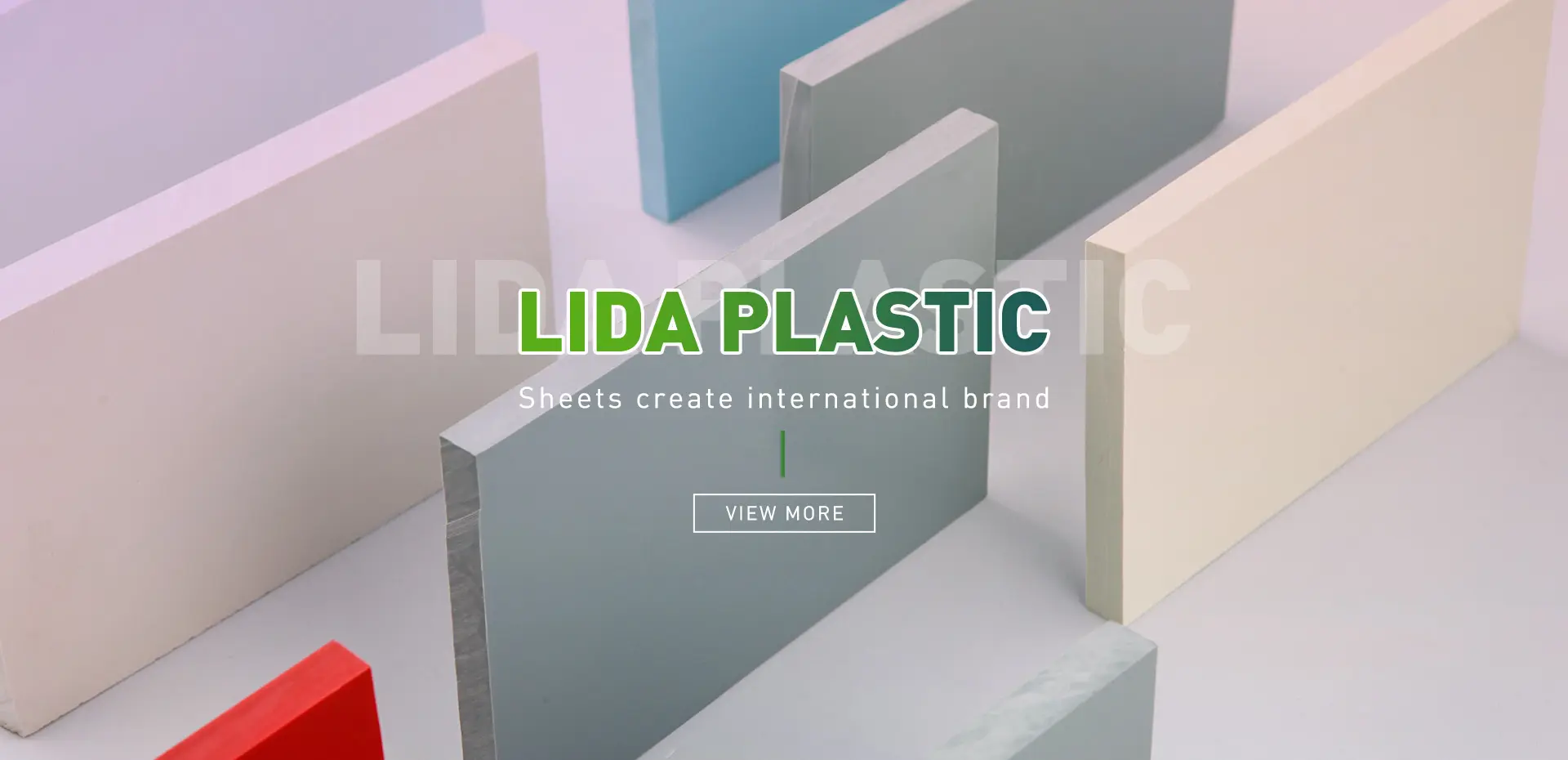Nov . 07, 2024 21:45 Back to list
High-Density Polyethylene Sheet Material for Innovative Applications and Solutions
Understanding HDPE Sheets Versatile and Durable Material
High-Density Polyethylene (HDPE) sheets have gained widespread popularity across various industries due to their exceptional properties and versatility. This thermoplastic polymer is known for its high strength-to-density ratio, making it a preferred choice for numerous applications. In this article, we will explore the characteristics, applications, advantages, and disadvantages of HDPE sheets, along with their significance in today’s manufacturing and construction sectors.
What is HDPE?
HDPE is a synthetic polymer made from petroleum. Its structure comprises long chains of ethylene monomers, which contribute to its high tensile strength and chemical resistance. The degree of crystallinity in HDPE leads to its distinctive properties such as toughness, durability, and resistance to impact and environmental stress. These characteristics make HDPE sheets suitable for a diverse range of applications, from packaging materials to industrial sheets used in manufacturing processes.
Characteristics of HDPE Sheets
HDPE sheets come with several notable characteristics
1. Chemical Resistance HDPE sheets exhibit excellent resistance to a variety of chemicals, including acids, bases, and solvents, making them ideal for use in various chemical processing industries.
2. Weather Resistance The material is resistant to moisture and UV light, allowing it to withstand harsh weather conditions without degrading, making it a popular choice for outdoor applications.
3. Lightweight and Durable HDPE sheets are lightweight compared to metal or glass options, reducing shipping and handling costs while maintaining durability.
4. Easy to Fabricate The material can be cut, welded, and machined with ease, facilitating customization for specific applications.
5. Hygienic and Non-Toxic HDPE is non-toxic and safe for food contact, making it suitable for food packaging and service applications.
Applications of HDPE Sheets
Due to their diverse properties, HDPE sheets are used in a multitude of applications
1. Packaging HDPE is widely used in the production of containers, bottles, and packaging films. Its lightweight nature and resistance to moisture make it ideal for keeping products safe from damage.
2. Construction HDPE sheets are used in construction for applications such as building foundations, liners for landfills, and reducing soil erosion. Their durability contributes to longer-lasting structures.
hdpe sheet

3. Transportation The automotive industry also uses HDPE for parts like fuel tanks and interior components due to its impact resistance and weight reduction possibilities.
4. Industrial Applications In the industrial sector, HDPE sheets are used for equipment trays, machine covers, and more. Their chemical resistance allows them to withstand harsh environments.
5. Healthcare HDPE’s non-toxic properties and easy cleaning capabilities make it a perfect fit for medical applications, including hospital furniture and trays.
Advantages of HDPE Sheets
The benefits of using HDPE sheets are numerous
- Cost-Effective Compared to other materials like metals or wood, HDPE sheets are often more affordable, offering good value for money.
- Sustainability HDPE is recyclable, making it an environmentally friendly choice. Manufacturers can recycle HDPE sheets to produce new products, reducing waste.
- Customization The ability to easily fabricate and manipulate HDPE allows for tailored solutions for specific needs.
Disadvantages of HDPE Sheets
Despite their many advantages, HDPE sheets do have some disadvantages
- Temperature Limitations HDPE has a lower service temperature limit compared to other plastics. It can warp or deform under extreme heat, limiting its use in high-temperature applications.
- UV Degradation While HDPE is resistant to UV light, prolonged exposure to sunlight can lead to degradation over time if not properly treated.
- Limited Color Options HDPE sheets typically come in fewer color options compared to other common materials, which may limit aesthetic choices for certain applications.
Conclusion
HDPE sheets are a remarkable material with a wide array of applications across various industries. Their unique properties such as strength, chemical resistance, and lightweight nature make them ideal for both commercial and industrial uses. Understanding HDPE's characteristics and applications can help businesses make informed decisions when selecting materials for their projects. By leveraging the benefits of HDPE, companies can enhance product durability and performance while also considering sustainability in their manufacturing processes.
-
Premium PVC Soft Sheets: Clear, Flexible & Durable
NewsAug.12,2025
-
Premium PVC Round Rods: Durable, Chemical Resistant, Easy to Machine
NewsAug.11,2025
-
PP U-channel: Chemical-Resistant, Lightweight & Durable
NewsAug.10,2025
-
Transparent PVC Pipe: Clear Flexible Tubing for Fluids
NewsAug.09,2025
-
Durable PP Rigid Sheet: Versatile & High-Quality Plastic Panels
NewsAug.08,2025
-
Premium Glossy PP Rigid Sheet – Durable & Versatile
NewsAug.07,2025

